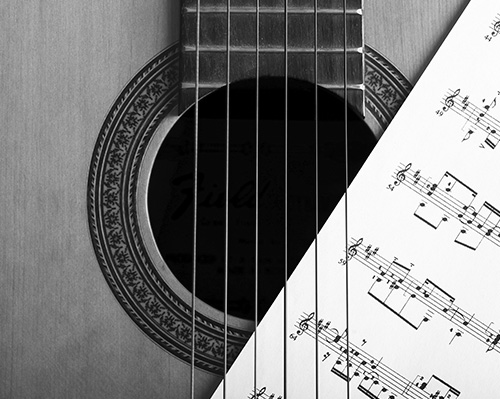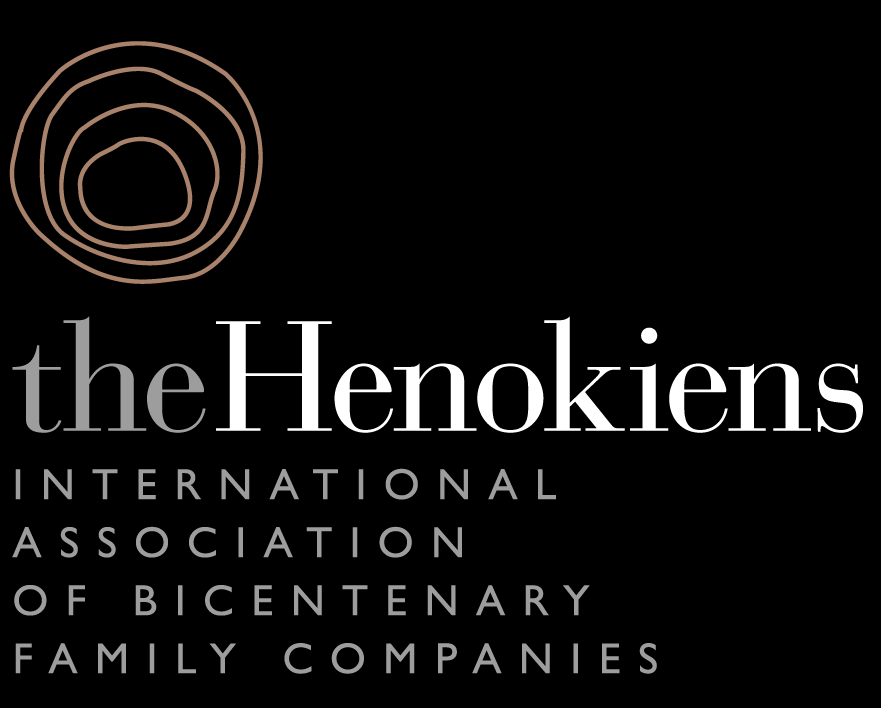Editions <br>Henry Lemoine
EDITIONS HENRY LEMOINE
Music publisher since 1772
Head Office : 27, boulevard Beaumarchais
75004 Paris - France
Tél : +33 (0)1 56 68 86 65
Fax : +33 (0)1 56 68 90 66
Email : info@henry-lemoine.com
Internet : www.henry-lemoine.com
EDITIONS HENRY LEMOINE
Music publisher since 1772
Head Office : 27, boulevard Beaumarchais
75004 Paris - France
Tél : +33 (0)1 56 68 86 65
Fax : +33 (0)1 56 68 90 66
Email : info@henry-lemoine.com
Internet : www.henry-lemoine.com

Editions Henry Lemoine today :
250 years after its foundation, the Henry Lemoine publishing house continues to renew itself and remains more than ever faithful to its vocation: to allow all musicians to practice their instrument, and all music lovers to hear original works, thus perpetuating a tradition of music publishing in this city which saw the birth of several composers of genius such as Marc-Antoine CHARPENTIER, Camille SAINT-SAËNS or Georges BIZET.
In 1990, their distribution subsidiary, Hexamusic, has been established in a warehouse, 50 km far from Paris, to benefit from a storage of almost 10.000 m³.
When Max Lemoine retired in 1987, it was the turn of his son, Pierre, to carry on the tradition.
Over 250 years have gone by since that day in 1772 .... 250 years during which the works of famous composers have been published by Editions Henry Lemoine : Chopin, Berlioz, Donizetti, Halevy, Franck, Gounod, Messiaen and Piazzolla. 200 years of great success which have established the reputation of the Lemoine company : Solfege des Solfeges, Les Classiques favoris (favourite classics), Chant Classique, Le Pantheon des pianistes, Danhauser's Theory, etc.
Editions Henry Lemoine joined the new media adventure by developping for their best-sellers multimedia applications (CD audio and Cd-rom).
With this strong foundation in educational and instrumental fields, Editions Henry Lemoine has also a significant place in the field of music for concerts, where its action for contemporary music has continuously spread since 1980.
Besides composers as prestigious and worldwide recognized as Hugues Dufourt, Tristan Murail, Michaël Lévinas, Edith Canat de Chizy, Ichiro Nodaïra, Jean-Marc Singier, Philippe Hurel, Michael Jarrell and Gérard Pesson, Editions Henry Lemoine back up young composers such as Brice Pauset, Régis Campo or Bruno Mantovani.
To improve even further the promotion of its composers, Editions Henry Lemoine starts in 2000 its own record company, AEon.
By widening its activities, Editions Henry Lemoine shows that, more than ever, it listens at today's world with an open mind in order to put its long-lasting print in tomorrow's music inheritage.

1772
In 1772, Antoine-Marcel Lemoine, composer, violinist and music teacher, founded a musical publishing house at 556, rue de l'Echelle-Honoré in Paris. From the very beginning of the business, called "A l'Espérance" (To Hope), success smiled on the young publisher, thanks to his contacts within the musical world. In 1810, in particular, he published the Messe Solennelle (Solemn Mass) with orchestra, composed by Méhul for the coronation of Napoléon I.
1816
It was his youngest son, Jean-Henry-Antoine Lemoine, known as Henry Lemoine, who took over from him in 1816. Henry Lemoine was one of the most famous piano teachers in Paris, since he was the first in France to organise group music lessons with the aim of encouraging his pupils. Under his management, the publishing house, already frequented by well-known artists of the time, became one of the most important in the capital.
1844
Henry Lemoine published the works of Chopin, and in 1844 added the famous Traite d'Orchestration (Orchestration Treatise) by Berlioz to his catalogue. Henry Lemoine also wrote , for his pupils, a piano method and studies, still in use today. He then published, in co-operation with Carulli, a music primer which would form the basis for the famous Solfege des Solfeges, of which over 10 million copies have now been printed.
1850
In 1850, 3 years before his death, Henry Lemoine, who had gone blind, went into partnership with his son Achille, pianist and also a piano teacher. Spurred on by the latter, 17 rue Jean-Baptiste Pigalle in Paris saw the installation of a printing workshop, where the new processes of lithography were applied to music, a binding workshop and a musical engraving workshop.
1858
In 1858, Achille Lemoine revolutionised musical publishing by offering the public, at very low prices, clear, accurate publications, forming the collection "Le Pantheon des pianistes". He continued the teaching tradition established by his predecessors by publishing Danhauser's famous Theorie de la Musique (Theory of Music), another great success.
1885
From 1885 onwards, Achille Lemoine brought his four sons into the business as associates, including Henry-Felicien and Leon Lemoine who, on the death of Achille Lemoine in 1895, directed the Lemoine company, now renamed : Henry Lemoine & Company.
1920
In 1920, Henry-Felicien went into partnership with his nephew, Henry-Jean, who had joined the Lemoine company in 1907.
Left alone at the head of the company upon the death of Henry-Felicien in 1924, Henry-Jean succeeded in giving it new drive, thanks to extensive world-wide distribution of editions in foreign languages : English, Spanish, Portuguese, Greek etc..., not counting counterfeit versions in Chinese, Russian and Arabic.
In 1946 Henry-Jean shared directorship of the Lemoine company with his cousin, Andre Lemoine.
1956
In 1956 they were joined by the son of Henry-Jean, Max Lemoine.
This period saw the renewal of the teaching catalogue, a renewal which was associated with the rise of music academies and schools in France. This included the publication of flute methods by P.Y. Artaud, saxophone methods by J.M. Londeix, the works of Noel-Gallon and F. Fontaine, later to be published in foreign languages.
1987
When Max Lemoine retired in 1987, it was his son Pierre's turn to take over the presidency.
The first step was the closing of the retail store and the introduction of computers. After returning to four-color printing, Henry Lemoine publishes the first book – Instrumental Method - with a spiral cover and a full-color interior with numerous illustrations. Pierre Lemoine also undertakes to renew the catalog in depth and to diversify the supports (CD...).

Éditions Lemoine then continued to expand its range of internationally renowned composers and pedagogues by acquiring Edition Delrieu, a company founded in 1898 and mainly focused on publications for the cello (L.R. Feuillard, M. Gendron, P. Tortelier), Éditions Van de Velde, founded in 1899 by the author of the world-famous "Méthode Rose" for piano, translated into more than 7 languages and which continues to publish scores of contemporary expression and pedagogy as well as books dedicated to music and great musicians, and Éditions Jobert, founded in 1921 and publisher of Cl. Debussy, M. Rosenthal, J. Massenet, P. Boesmans, Ton That Tiêt... A few years later it was the turn of Combre Editions to be absorbed.
2007
Pierre Lemoine bought the famous Paul Beuscher music stores located in Paris Bastille, a way to better distribuate the catalog and diversify.
2019
The new uses of digital and instrumental practice lead Henry Lemoine & Cie to sign an agreement in 2019 with Nkoda (the "Spotify of the score"), under which part of the catalog of the house is available online by subscription.


